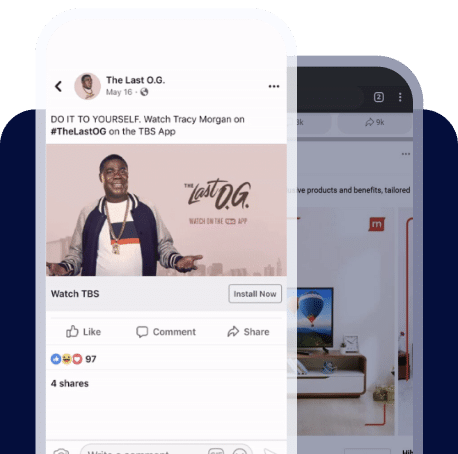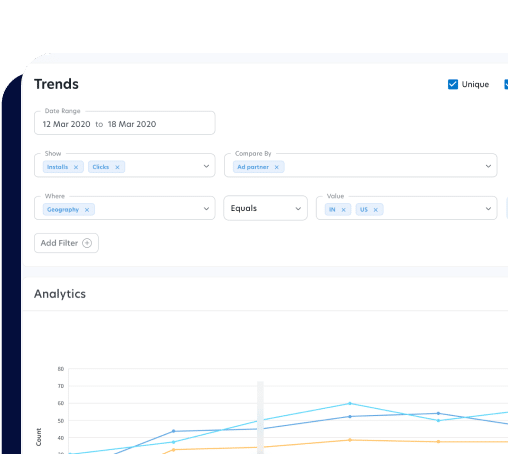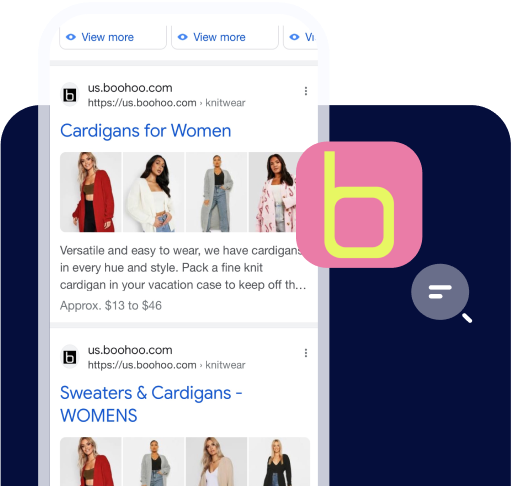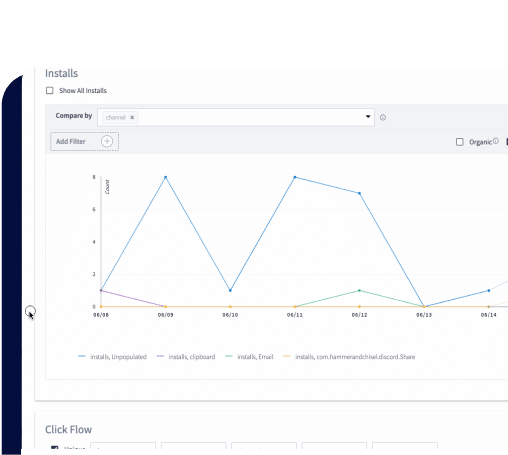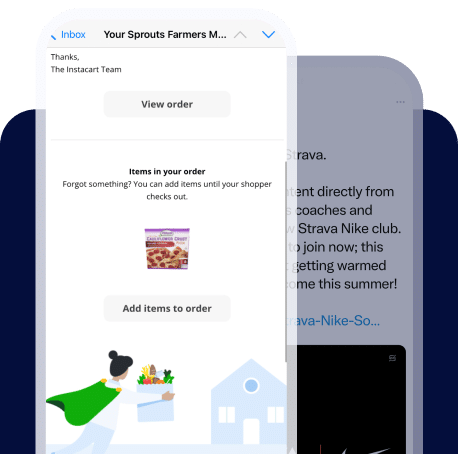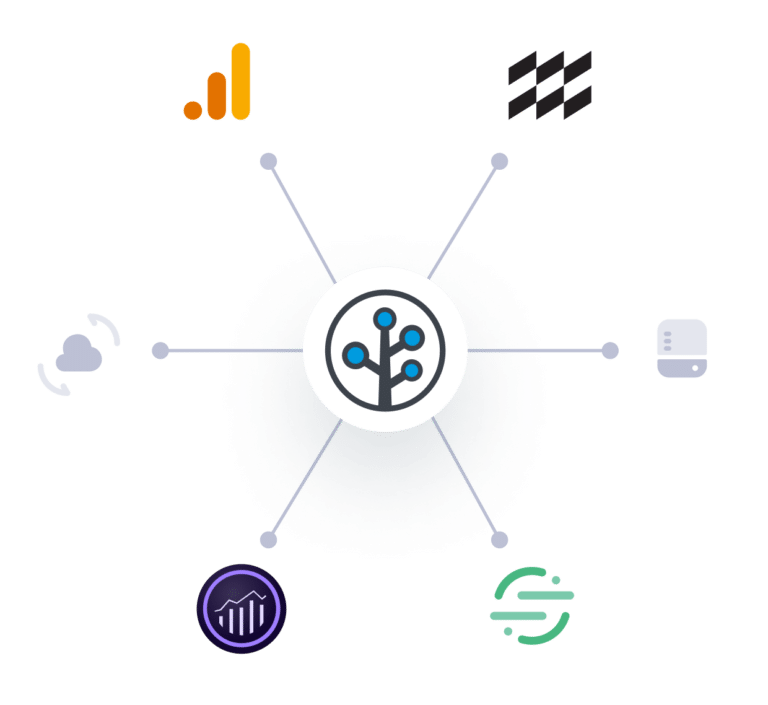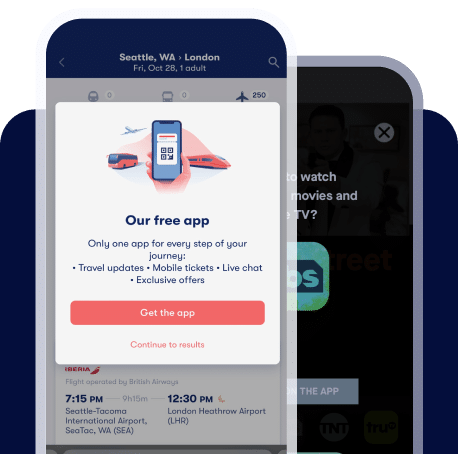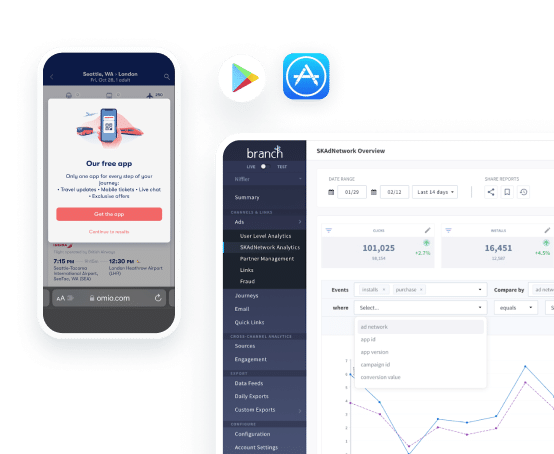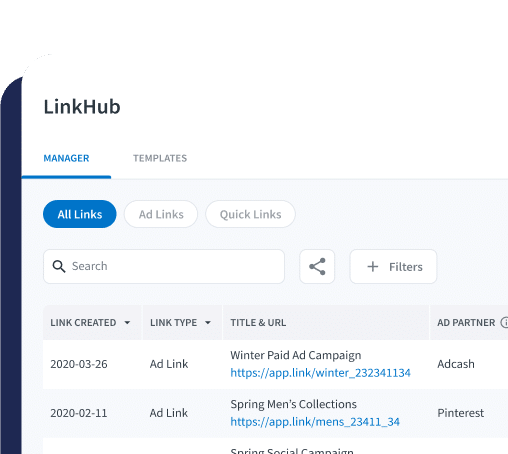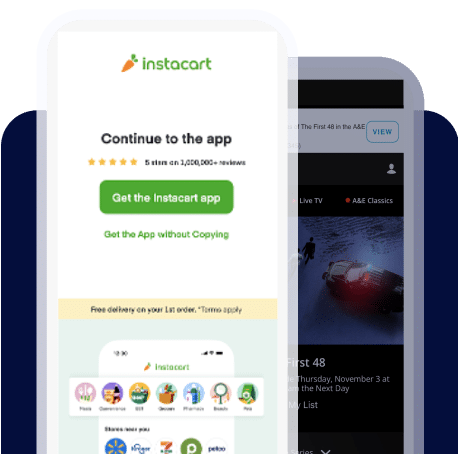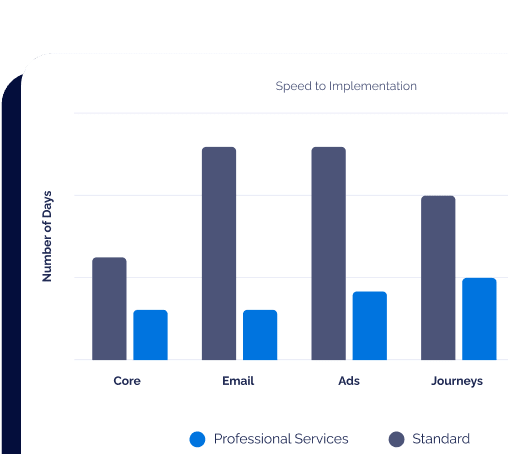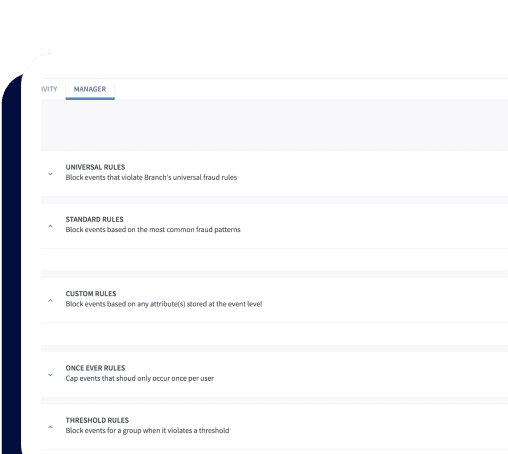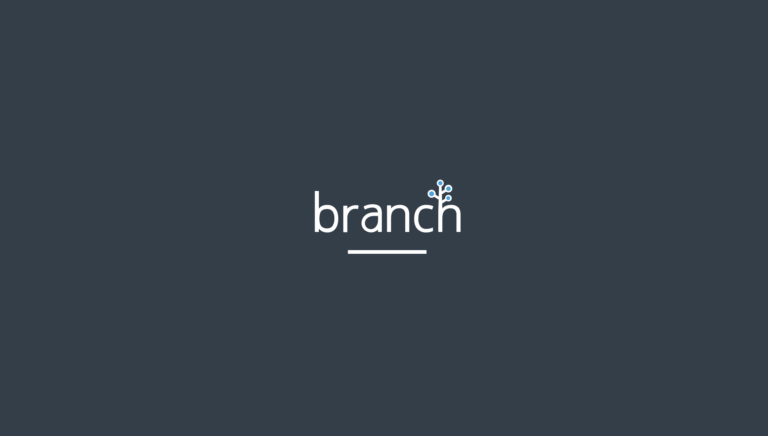Throughout my education, business and management professors have always seemed to agree on one thing: the best way to learn is by leaving the classroom and getting your hands dirty. In school, this typically meant working with companies or doing in-person consumer research. For work, it meant getting out of the office to meet new partners around the world. The first stop for Branch? Singapore.
A short and busy trip
Registering late, we were lucky to snag the last sponsorship spot at Echelon Conference 2015. Part of our sponsorship included supporting Top100, a competition between 100 of the best startups in Asia. This gave us the opportunity to interface with many of the young entrepreneurs building companies in the area. We were happy to find that many of these companies are building fascinating mobile products. Two startups that we particularly liked were ChaseFuture and Sup.
The day after Echelon, we hosted our first Mobile Growth Hackers Singapore meetup. With the help of Viren Shetty, CEO of BookQuickly, we secured a spot at BASH @ Blk 79, a large tech incubator helping a number of young companies in an inspiring and expansive co-working space. Our panelists included Tomas Laboutka, CEO of HotelQuickly, Khang Ton, CTO and Co-Founder of PicoCandy, Anuj Bheda, Co-Founder of 99.co, and Arun Kumar, Head of Digital Marketing at Carousell. We received a lot of great feedback about the meetup, mainly that it was the only event in the area focused solely on mobile growth. By hosting it at the startup hub of Singapore, we were able to reach many entrepreneurs with mobile products. We will definitely be returning to Singapore to host another event soon!
Our final day of the trip was at Walkabout Singapore, a full-day event where tech companies around the city open up their doors to anyone wanting to get a peek at what their employees are working on. With countless startups using BLK 69, 71, and 79 for office space, we spent the day learning about many of the interesting technologies being developed in these tightly packed buildings. Our tour not only included individual startup offices, but multiple incubators, accelerators, and coworking spaces, many of which are sponsored by top investors in the area. To our excitement, we even ran into some companies already using Branch to build virality into their products. Some of the interesting companies we met included MobiCart and MeMom.
What makes Singapore unique?
With the combination of these events, we were able to meet hundreds of developers from all over Southeast Asia. What was amazing about Singapore was that all of the developers we met were young, smart, and hungry to grow their products. They didn’t see the size of their country as a barrier since they knew that good products easily cross international lines. This is important knowledge to have in a country with only 5.4 million people. Silicon Valley alone, in comparison, just recently passed the 3 million people mark.
What was also special was the willingness of the developers we met to introduce us to as many people as possible. After a short conversation, many people opened up their networks and introduced us to someone new. This was likely a function of the close proximity in which many of these companies inhabited. Many times the company they introduced us to was simply the door over or the floor above. It was clear that the startup culture in Singapore thrives on coalition and collaboration.
How does Singapore compare to Silicon Valley?
One of the things that made Singapore great was the large number of resources, per capita, focused on helping entrepreneurs. In one small block, you could find buildings with dozens of incubators, numerous accelerators, and hundred of startups. The accelerators were typically sponsored by local, large VC firms to house the companies they fund. The incubators, many of them government-sponsored, provided cheap coworking space for bootstrapped or freshly started companies. Although Silicon Valley has it’s fair share of startup incubators and accelerators, they are typically extremely competitive to get into or designated for companies striving to compete in billion dollar markets. It was refreshing to see small, recently formed teams all share one room while trying to create new companies in a variety of different industries.
Although both environments are and should be defined as technology hubs, the way they go about their business is drastically different. One of the most prominent differences I noticed was that Singaporean entrepreneurs do not necessarily launch their products in their home country. In Silicon Valley, it seems that almost every technology product is launched at home before it expands domestically or even internationally. Singaporeans understand the limits of their market and look to find ones that better fit the product they’ve created. When I spoke with Valerie Pang, who has recently worked at Clickstream Ventures and Glints and is soon coming to the US to intern at The Founder Institute, she described this as “thinking regionally” since they know that Singapore alone is a small market. However, this doesn’t mean they immediately aim for the larger markets like the US, India, or China.
With their close proximity to other countries it’s common to see initial product launches all over Southeast Asia. For instance, when we asked Carousell, a successful buying and selling platform started in Singapore about their growth, they talked about how they launched in Singapore, Malaysia, Indonesia, and Taiwan before making the jump to the US. This added another level of difficulty since each new country had their own unique differences. Carousell Co-Founder, Lucas Ngoo, described Malaysia and Indonesia as the toughest markets so far because of the newness of the mobile infrastructure. In these countries they were faced with communities that were less interconnected, slowing the rate of growth. Listen to the podcast to hear the rest of the conversation with the Carousell team.
Another major difference is the way startups raise money. Many Singaporean companies rely on small government grants to get them off the ground as opposed to Silicon Valley companies that rely on angel investors. Most of the government grants, found here, average around S$50,000 and are reserved for brand new startups. As stated by the government, they have “consciously crafted a pro-business, and supportive environment conducive to entrepreneurs who want to start a business.” Many of the companies that we met are using some combination of these government grants. It likely explains the high quantity of small teams that we interacted with.
But what about raising large sums of money to continue growing your company? In a meeting with one prominent venture capitalist in Singapore, he hinted at the limited capital available to startups in the area. This meant that not only are companies typically raising smaller sums of money, but investors are more selective in the companies they fund. To him, this meant focusing on companies that have established a business model that has been thoroughly tested and has proven potential to be profitable. His main takeaway to any startup in Singapore is to make sure to have a business model that works.
Should I take the leap and try Singapore?
Singapore was awesome and I enjoyed experiencing a startup culture different from that of Silicon Valley. It’s a great place to raise small seed rounds of funding and find many young, educated employees who strive to work on the next big startup. From there, growing will have its difficulties as you constantly explore new markets and compete for limited venture funding. But the task is not impossible. If you have a valuable product, and a business model that works, you’ll avoid much of the cutthroat competition that strangles so many Silicon Valley companies.
If you’re a young entrepreneur looking for a new place to call home to start a company or grow your app, consider Singapore as the place to go. With English as the primary language, it provides a soft landing for international entrepreneurs looking to move to Southeast Asia. After just a short trip to see all the mobile growth in the area, I can tell that some great new companies will come from the region for many years to come.

